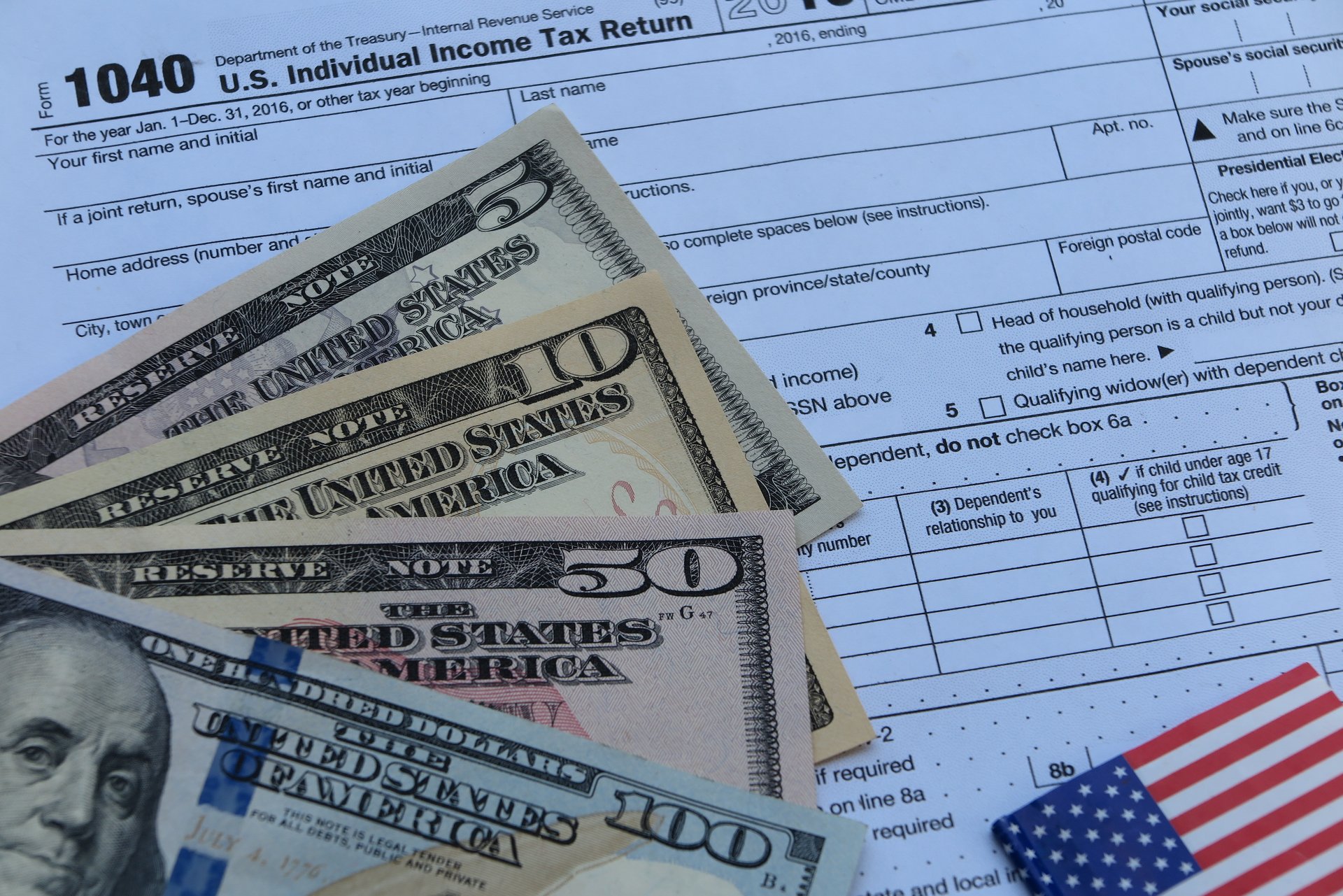
President Donald Trump has been moving to weaken Obamacare lately, including ending subsidies to health insurers that help cover discounts they provide to lower-income people. But the Internal Revenue Service is moving in the opposite direction.
The IRS has informed tax professionals that for the upcoming tax season, the agency will be doing more to uphold the Affordable Care Act, the federal health care law commonly known as Obamacare.
The 2018 tax season will mark the first time the IRS will not accept tax returns that do not specify whether taxpayers have met the health insurance coverage requirements of the Affordable Care Act, or ACA. The federal agency continues:
“This process reflects the requirements of the ACA and the IRS’s obligation to administer the health care law. Taxpayers remain obligated to follow the law and pay what they may owe at the point of filing.”
So, on your 2017 tax return, you must indicate which of the following statuses applied to you this year:
- You and everyone on your tax return had health insurance coverage.
- You and everyone on your tax return qualified for an exemption from the coverage requirement.
- You are paying a fee technically known as an “individual shared responsibility payment.”
Electronically filed tax returns will not be accepted by the IRS until the returns indicate one of those situations. Returns filed on paper may be suspended until the ACA information is received.
In other words, your tax refund might be delayed if your return lacks the ACA details the IRS is now requiring.
The individual shared responsibility payment
The individual shared responsibility payment stems from a part of the Affordable Care Act known as the individual shared responsibility provision. As the IRS describes it, this provision requires taxpayers to do at least one of the following:
- Have qualifying health coverage called minimum essential coverage.
- Qualify for a health coverage exemption.
- Make a shared responsibility payment with their federal income tax return for the months that (they were) without coverage or an exemption.
Healthcare.gov, the federal government’s official ACA website, does not yet state the amount of this payment, commonly referred to as the “individual mandate” penalty, for 2018. For the past two years, though, it was as high as $2,085 per household or 2.5 percent of a household’s income — whichever was greater.
To find out if you qualify for an exemption from the penalty, use Healthcare.gov’s “Find health coverage exemptions” tool or the IRS version of the tool.
How do you feel about this news? Sound off by commenting below or over on our Facebook page.




Add a Comment
Our Policy: We welcome relevant and respectful comments in order to foster healthy and informative discussions. All other comments may be removed. Comments with links are automatically held for moderation.